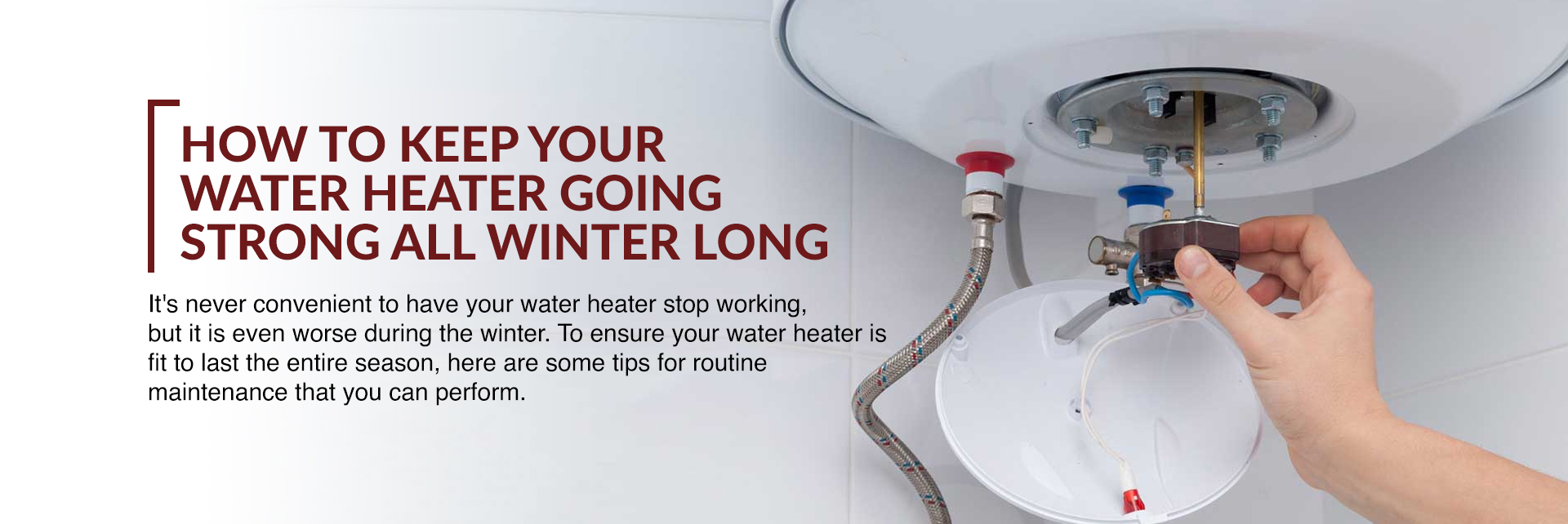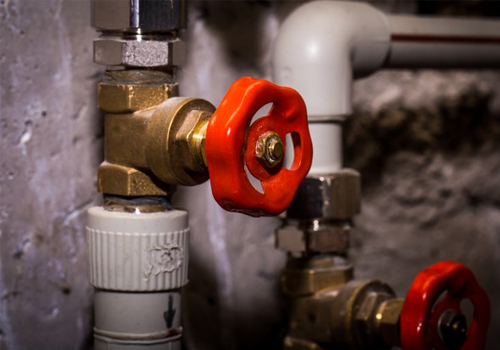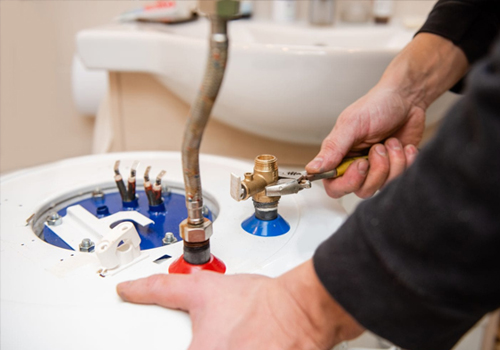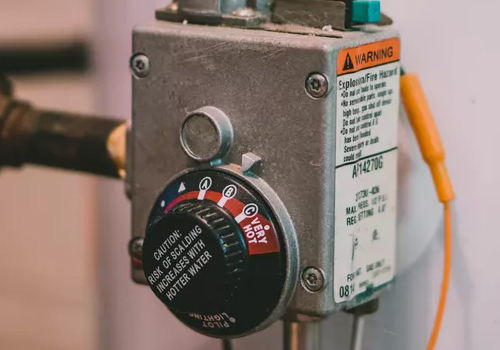
CONTACT US:
425-236-6777


As you cover these points, you can also conduct a mini assessment of your water heater's health to identify any warning signs or potential hazards that may need to be corrected before the temperature drops.

Check the Valve
Most water heaters are built to last over a decade, but as they age, they require more care and attention. Even just a few minutes of annual maintenance can prevent unnecessary malfunctions and disruptive breakdowns. The first thing you should do prior to winter is check the water pressure valve; it's located on the side of your water heater, and it stops the temperature from rising to dangerous levels.
If too much pressure builds up, though, your water heater tank could actually explode. To release pressure and ensure yours is in tip-top shape, place a bucket beneath your water heater's discharge pipe and lift the pressure-release valve. Water should discharge at this point. If it doesn't, the valve needs to be replaced.

Have the Tank Flushed
One of the most common water heater repair jobs is a tank cleaning. This removes built-up residue, dirt and sediment that accumulates throughout the year. Experts recommend annual flushes, which can be done at an affordable cost. Having a technician conduct the cleaning can also ensure your heater is functioning properly as they’ll also do a professional inspection.
If they notice any other problems, they can inform you about the risk and offer potential solutions. You can add these repairs to the current job or schedule them for later at your convenience.

Set the Temperature
Your water heater should be capped at 120 degrees Fahrenheit, so as to prevent scalding and burns. If your heater doesn't have a built-in temperature gauge, you can use a standard cooking thermometer to test the water temperature. If any of the hot water coming from your faucets surpasses 120 degrees, there is a higher risk of mechanical failure, sediment build-up and burn injuries to you and your family.
If you find that your temperature gauge is set properly, but your water is too hot or too cold, contact a professional right away to identify the cause of the problem. Your tank may need flushed or there could be a mechanical issue that needs addressed.

Add Insulation
If your water heater is a decade old or even older, it might not be properly insulated. Newer models come insulated to prevent heat loss and maintain system stability. However, older models will require a fiberglass jacket. Make sure that you consult your owner's manual prior to installing any insulation; you should also avoid any type of contact with the furnace's flue.
If you aren't sure how to safety insulate your furnace and its pipes, this job can easily be done in a few hours by a licensed plumber.
No one wants to deal with cold water in the middle of winter. To ensure that your home’s water stays nice and warm all season long, check your water heater and do some basic maintenance. If you’re unsure about something or you notice a problem, have a professional come take a look at it. The sooner you catch potential problems, the easier they will be to take care of!
If you have any questions or comments, email me
at [email protected] and those questions are answered within 30 minutes.
OR if you would like more information on Our Proven Unique Systems and Programs, call us
at 206-391-7766 or visit our website www.GeorgeMoorhead.com
For FREE Online Home Evaluation,
please complete the form below
Looking for Investment Properties?
Let us know what you need

©2021. All rights reserved
GEORGE MOORHEAD - Bentley Properties
[email protected]
Direct: 206-391-7766
14205 SE 36th St., Suite 100, Bellevue WA 98006
19125 North Creek Pkwy #120, Bothell 98011
Office: 425-747-1901
www.GeorgeMoorhead.com

